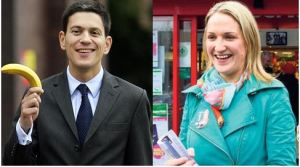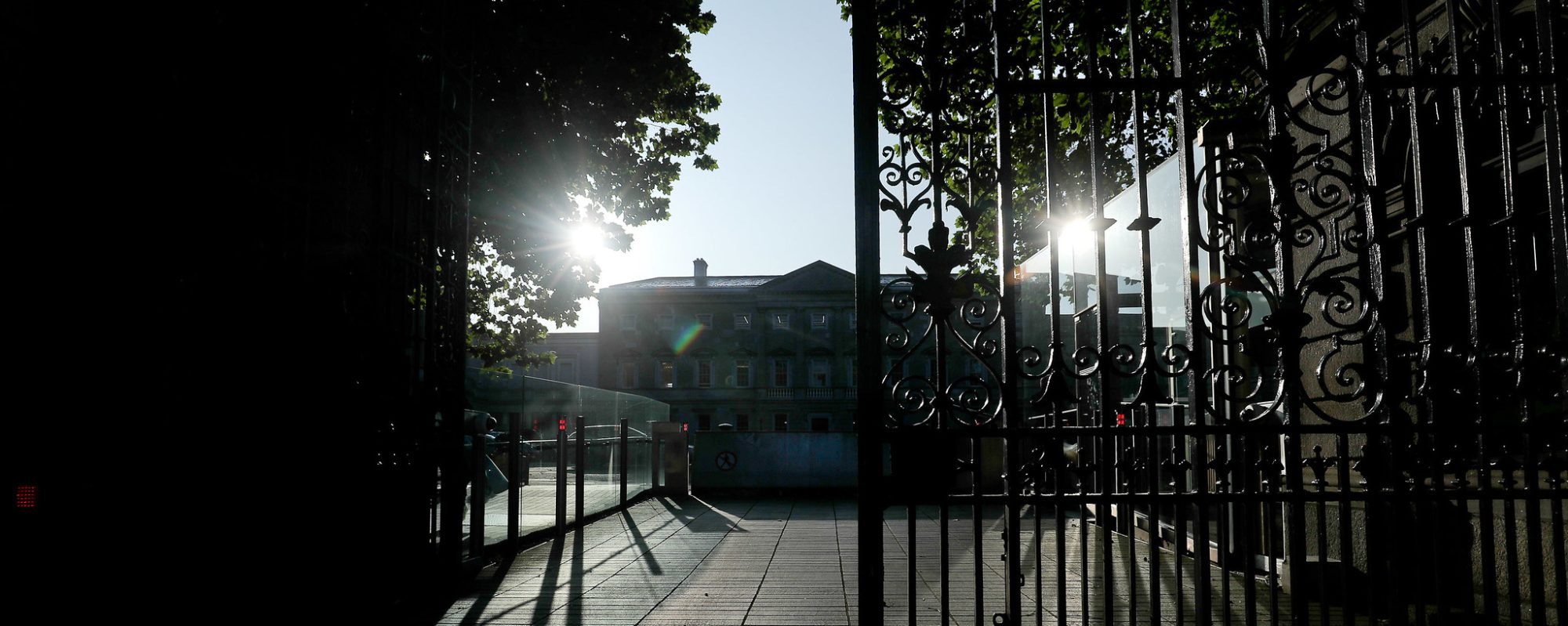
Not surprisingly, most of the commentary on the Meath East by-election result has focussed on the electoral drubbing meted out to the Irish Labour Party, but as Fergus Finlay pointed out in the Irish Examiner, Labour has been here before. Back in 1983, at the Dublin Central By-Election occasioned by the death of George Colley, Labour’s then candidate Jimmy Somers was beaten not only by the Workers’ Party (ironic) but by Sinn Fein in an area where Labour had until recently held a seat.
This nice analysis piece penned by the late Mary Raftery for MaGill at the time is worth reading and contains some phrases we have seen used a few times over the past week, including: “The by-election result was one of the most disastrous in Labour’s history” and “…a humiliation from which it will be difficult to recover.”
While Labour’s poor showing and Fianna Fáil’s continuing electoral recovery are the two main national lessons to be taken from the Ashbourne count centre, I want to briefly reflect on another less obvious one.
On almost precisely the same day as Fine Gael’s Helen McEntee entered full time national politics on this island, another politician was leaving it on the neighbouring island: David Miliband.
So what could these two events have in common? Well, not a lot really – but it did occur to me that Miliband, aged 48, was quitting politics at an age when politicians used to once enter politics.
In that regard Ms McEntee and Mr Miliband do have something in common, two things actually. First they both entered their respective parliaments at a relatively young age – Ms McEntee at 26 and Mr Miliband, slightly later, at 36 and second, neither had much real world experience outside of politics before entering parliament.
Essentially both were products of the political system, albeit at differing levels and grades. After completing her masters in 2010 Ms McEntee worked as a parliamentary assistant in her late father’s constituency office, while David progressed from Oxford and M.I.T to becoming Tony Blair’s head of policy via a stint at the Institute for Public Policy Research.
Neither had, to use the American phrase, “ever made a payroll”. While in America that is taken to mean running a business and being responsible for paying and employing people, in this context we can use it to mean experience of the real world, getting a job, getting promoted, running a household, paying a mortgage, providing childcare and then education for your kids.
Not that experiencing some or all of these necessarily qualify you to become a full time public representative, but wouldn’t some understanding of these help? Not that I am disregarding the pressures and difficulties faced by students these days. Frankly, as bad as the 70s and 80s were, I daily thank heavens that I am not a student in today’s environment.
Neither is this a plea for the Oireachtas to be full of 50 and 60-somethings or an attack on anyone under 25 running for the Dáil.
Rather I am just sounding a small note of caution against what I perceive as an emerging phenomenon here of people going almost straight from college into full time politics. Over the past two decades the number of jobs and opportunities in full time politics have increased. Since the early 90s the world of politics has become more professionalised with TDs and Senators now being able to employ parliamentary researchers and assistants paid for from the public purse. Not that I am one to complain having been a beneficiary of this development.
But with the creation of these additional opportunities it now seems the most successful path into the Dáil runs as follows:
University → elected as party officer – Job in Leinster House → Special Adviser → TD.
We risk having cohort of potential TDs (and Senators, if it survives) who have almost all followed the same real-life free path. Look at the UK and see how many of the men and women on the Tory and Labour benches fall into this category. While they may represent different political parties and support competing policies they essentially come from the same political background – all university educated, essentially middle class and all from within the political process.
Already we see the parties here looking out for new, young, vibrant candidates – and that’s a good thing. But what we also see is these candidates being identified earlier and earlier and based on criteria that are hard to understand.
Perhaps it is their newness and inexperience that is the attraction: a fresh clean slate for the party leadership to control and etch its views, coupled with a personal history that is free of controversy because its brevity presented damn all opportunity for it.
Turning back to Meath East, maybe it was just campaign hyperbole, or his penchant for the grandiloquent, that prompted Enda Kenny to describe Helen McEntee as “one of the most brilliant young candidates I have seen in any election” during an exchange in the Dáil on the day before polling. But what was there in her achievements or utterances that justified this high praise?
Is she a smart, confident and well educated woman, yes, without a doubt… but one of the most brilliant… in any election? Did we see anything in either the Vincent Brown or Primetime debates to support this claim?
Yes, there is a place in full time politics for young people and yes they deserve a major say in how their future is shaped, but we need to ensure that the search for the ideally packaged and presented candidate is not done at the cost of selecting those with more experience of life.


Please define “Experience of life”? What, like having a “real job”? Then how does one then define a “real job”? The youth of this country are better educated, more worldly and have not yet been corrupted by vested interests that can occur with age (ie. the favours brigade), hence they can retain principle and vision in their political lives in they enter it at an earlier stage. Ireland’s political parties could do with a few more visionaries and less “university of life” candidates…..
LikeLike
Rob, my point is that political life requires a mix… a mix of genders, backgrounds, ages, classes, experiences etc. As I say in my piece I am not opposing any group getting involved in f/t representative politics, but I am concerned that we are seeing the emergence of a new “approved” path – one that applies to almost all parties and that we risk getting a class/cohort of bright new young politicians who may come from differing parties but who essentially come from the same political background – all university educated, essentially middle class and all from within the political process.
To put it in a UK context (so as not to offend any particular party or individual here) I have no problem with the British Labour Party having its Ed Milibands, Ed Balls etc…. once they also have a few John Prescotts.
LikeLike